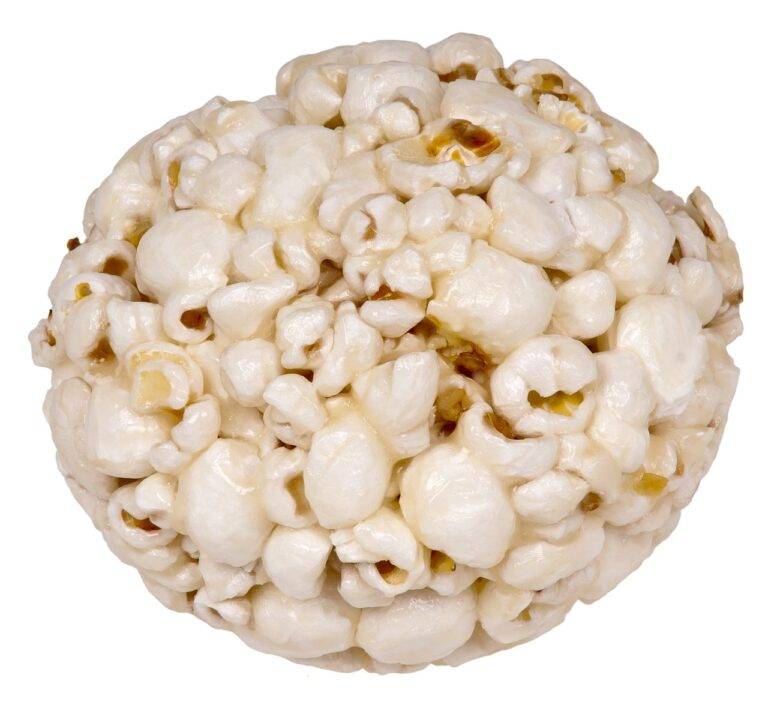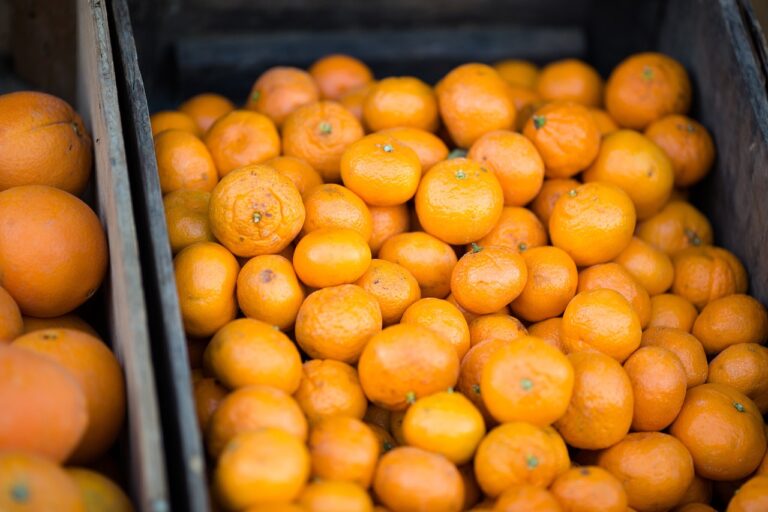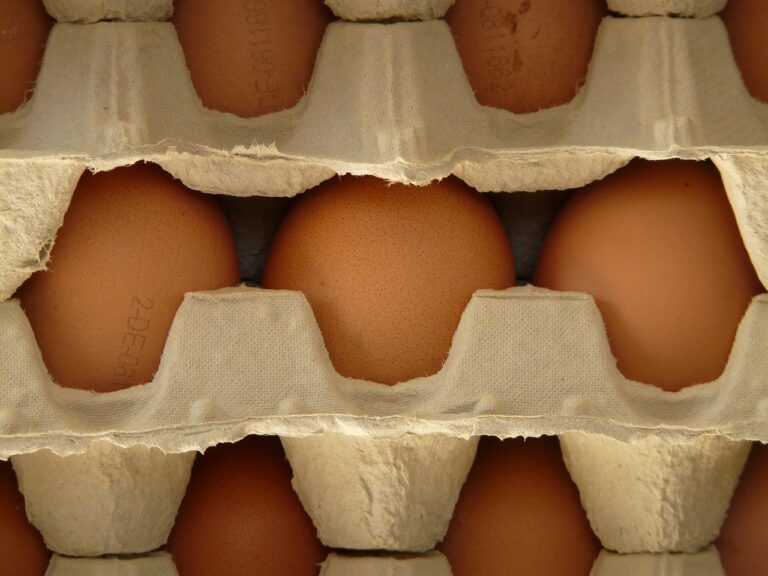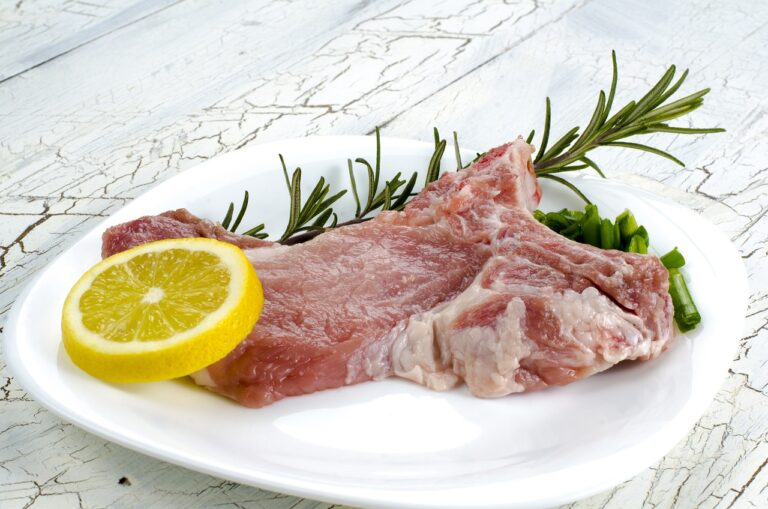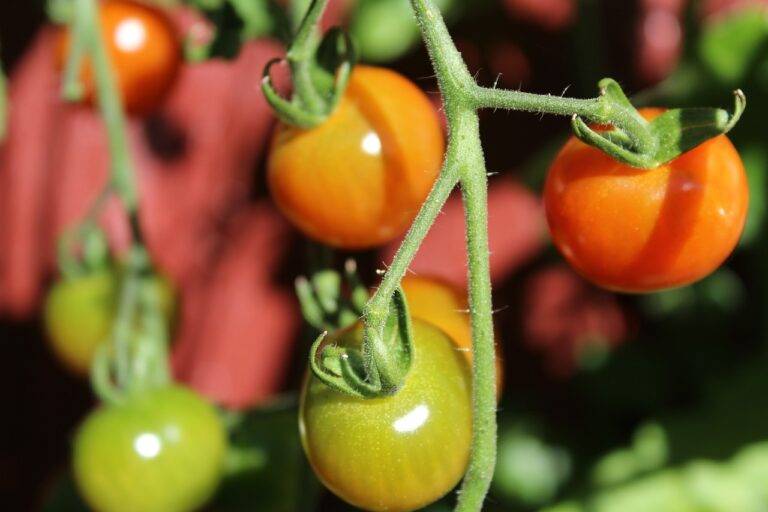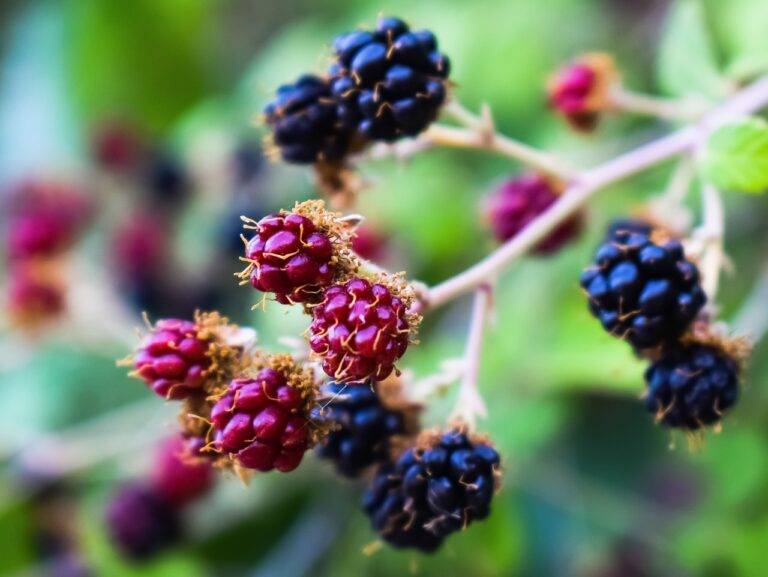The Impact of Precision Irrigation on Water Conservation: Betbhai9 whatsapp number, Radhe exchange register, My99 exch
betbhai9 whatsapp number, radhe exchange register, my99 exch: Precision irrigation has become increasingly popular in recent years due to its significant impact on water conservation in agriculture. With the global water crisis becoming more prevalent, finding ways to efficiently use water resources is crucial. Precision irrigation technology allows farmers to precisely control the amount of water applied to crops, leading to improved water use efficiency and reduced water wastage.
Many farmers are turning to precision irrigation systems such as drip irrigation, center pivot systems, and variable rate irrigation to optimize water usage on their fields. These systems use sensors and data analytics to monitor soil moisture levels, weather conditions, and crop water requirements in real-time. By delivering the right amount of water directly to the root zone of plants, precision irrigation helps maximize crop yields while minimizing water usage.
The impact of precision irrigation on water conservation is significant. By using water more efficiently, farmers can reduce their overall water usage and decrease the risk of water scarcity. This is particularly important in regions facing water shortages or drought conditions, where every drop of water counts. Additionally, precision irrigation can also help improve soil health and reduce the environmental impact of agriculture by minimizing runoff and leaching of fertilizers and pesticides into water bodies.
One of the key benefits of precision irrigation is its ability to target water delivery based on specific crop needs. This means that farmers can adjust irrigation schedules and amounts based on factors such as crop type, growth stage, and soil conditions. By fine-tuning their water management practices, farmers can optimize crop productivity while conserving water resources.
Another advantage of precision irrigation is its potential to save energy costs associated with pumping and distributing water. By delivering water directly to the root zone of plants, farmers can reduce energy consumption and operational costs compared to traditional irrigation methods. This not only benefits farmers financially but also helps reduce greenhouse gas emissions associated with agriculture.
Overall, precision irrigation plays a crucial role in sustainable agriculture and water conservation. By adopting advanced technology and practices, farmers can improve water use efficiency, conserve water resources, and minimize environmental impact. As the demand for food production continues to rise, implementing precision irrigation systems will become increasingly important in ensuring a secure and sustainable food supply for future generations.
—
FAQs:
1. What is precision irrigation?
Precision irrigation is a technology-driven approach to water management in agriculture that allows farmers to apply water precisely where and when it is needed. By using sensors, data analytics, and automation, farmers can optimize water usage and increase crop yield.
2. What are the benefits of precision irrigation?
Some of the key benefits of precision irrigation include improved water use efficiency, reduced water wastage, increased crop productivity, and lower energy costs. Precision irrigation also helps conserve water resources and minimize environmental impact.
3. How does precision irrigation help with water conservation?
Precision irrigation enables farmers to deliver the right amount of water directly to the root zone of plants, reducing water wastage and maximizing crop yields. By using water more efficiently, farmers can conserve water resources and mitigate the effects of water scarcity.
4. Is precision irrigation cost-effective for farmers?
While precision irrigation systems may require an initial investment, the long-term benefits outweigh the costs. By saving water, energy, and resources, farmers can improve their bottom line and achieve sustainable agricultural practices.
5. Can precision irrigation be implemented on all farms?
Precision irrigation systems can be tailored to suit a wide range of farms and crops. Whether it’s a small-scale vegetable garden or a large commercial farm, there are precision irrigation solutions available to optimize water usage and improve crop production.
6. How does precision irrigation contribute to sustainable agriculture?
Precision irrigation is a key component of sustainable agriculture as it helps farmers use resources more efficiently, reduce environmental impact, and ensure long-term food security. By adopting precision irrigation practices, farmers can achieve sustainable water management and crop production.


